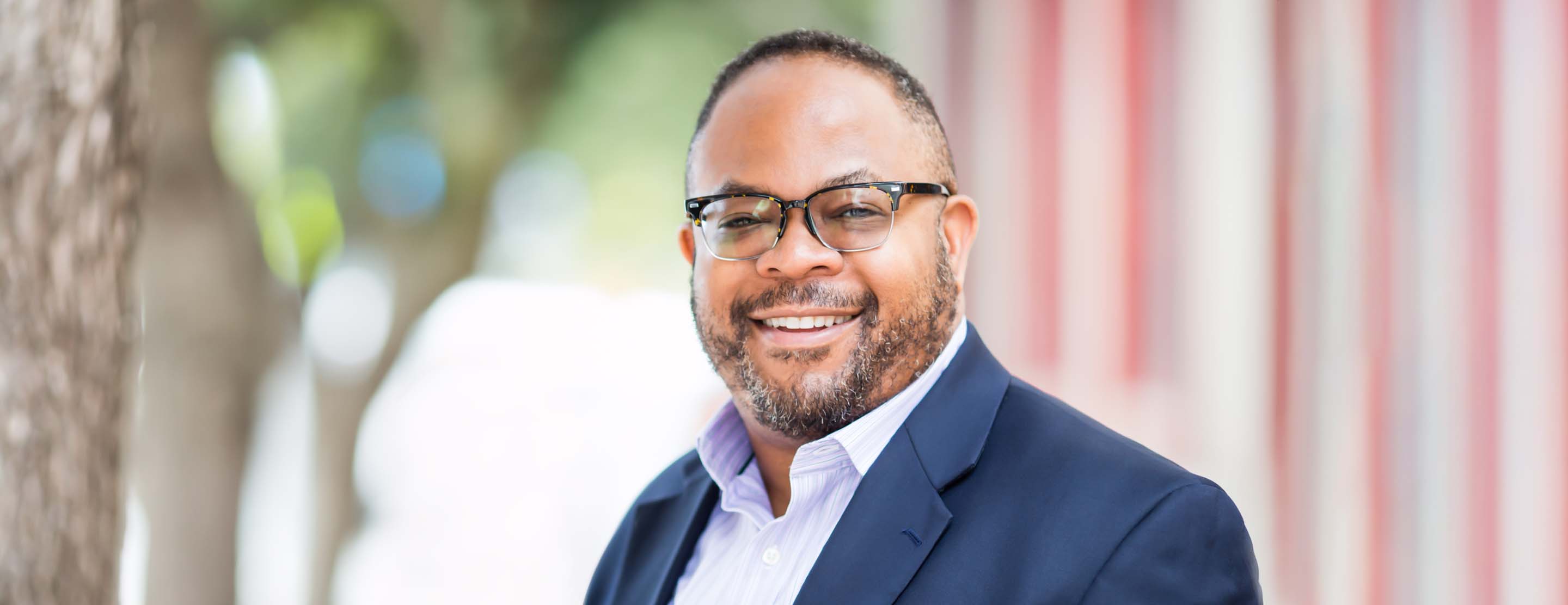Dr. Malcolm John, director of the UCSF Medical Center HIV/AIDS Program, answers questions about pre-exposure prophylaxis, better known as PrEP, a prevention pill for people who don't have HIV but are at substantial risk of infection.

Doctor Q&A: Malcolm John
How exactly does PrEP work?
For an infection to take hold, the virus gets in some of those cells that track to the lymph nodes. Once it's there, then it takes off. The virus will start to multiply. If PrEP is in your system, the drug prevents the virus from replicating.
Who should take PrEP?
You should take PrEP if you are having sex with someone who is HIV-positive; you are in a relationship with someone and you don't know his or her HIV status; or you're a gay man who has anal sex or has been diagnosed with an STD.
Why not just use a condom?
First, PrEP is very effective — as high as 92 percent. But also, when there is a risk of acquiring HIV, you have this background fear. What if the condom doesn't work? That's stressful. Taking PrEP gives a greater level of comfort. We need to get this disease out of our community and allow people at this stage in the epidemic to take a breather and enjoy their intimacy again.
How close are we to eliminating HIV?
We've hit a wall with HIV prevention. The number of incidents is stable and has plateaued. But new HIV cases still occur every year. We know whatever we're doing is working, but we've hit our plateau. We're hoping PrEP will change that.
Do you think people's level of concern about acquiring HIV has gone down?
There is some data that says that. There is a sense that "the worst is over," but we need the numbers to drop to zero.
Are there certain parts of the U.S. that are of more concern than others?
Yes. HIV is regional. Particularly in the South, the black community still doesn't talk about HIV as much as it should and has a harder time negotiating safe sex. In the Bay Area, those primarily at risk are men who have sex with men and those with multiple partners.
If you start taking PrEP, do you need to take it forever?
No. People have seasons of risk. If someone is in a relationship with an HIV-positive partner, they should take it. If they break up, no, they don't need to take it. People just need to take it according to where they are in their lives and relationships and what their sexual health goals are. For PrEP to be effective, you do need to be taking it for seven days before you have sex and stay on it for 28 days after your last sexual encounter.
Is it as effective for men as it is for women?
Essentially, yes.







